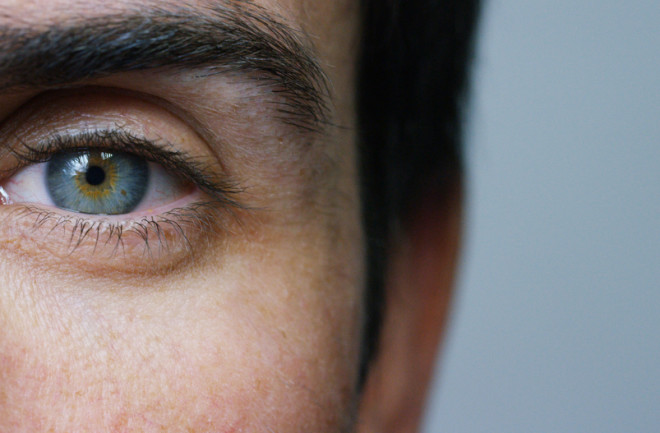Experts from McGill University and Université du Québec à Montréal investigated the commonality of eye contact by recording eye gazing behavior in face-to-face dyadic interactions and discovered that, while eye-to-eye contact occurred only infrequently, it conveyed important messages that are critical for subsequent prosperous social behavior.
Scientific Reports published the paper.
The research subjects, who had never met previously, were partnered and given a hypothetical survival situation in which they had to rank a list of objects in order of usefulness for survival, all while wearing mobile eye-tracking glasses. The researchers looked at how frequently the participants stared at one other’s eyes and mouths.
The investigators then examined each participant for gaze following and found a link between the predominance of different sorts of mutual looks throughout the encounter (i.e., eye-to-eye vs. eye-to-mouth) and the inclination to follow their partner’s gaze.
During the exchanges, participants looked away from their partners’ faces more than at their own. When they did glance at each other’s faces, they looked at the mouth and eye region equally and spent little time making eye contact. However, the amount of time spent staring each other in the eyes predicted later gaze-following. In other words, couples who stared each other in the eyes were more likely to follow their partner’s gaze later.


